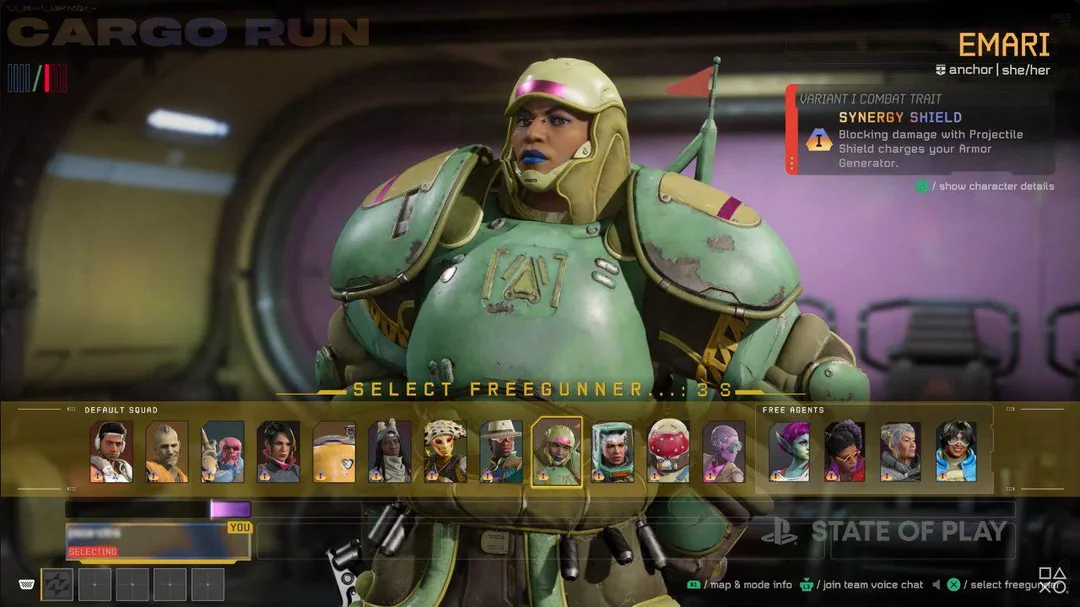In a surprising turn of events, the much-anticipated video game Concord has been cancelled just weeks after its release, igniting heated discussions about diversity, equity, and inclusion (DEI) in the gaming industry. Developed by Firewalk Studios and published by Sony Interactive Entertainment, Concord was positioned as a modern first-person shooter with a focus on character diversity. However, the game’s reception has raised questions about the impact of progressive initiatives on gameplay and market success.
The cancellation stemmed from dismal sales figures, with reports indicating that only about 25,000 copies were sold, leading to significant financial losses estimated at over $100 million. Critics have pointed to the game’s character design as a key factor in its failure. Many gamers took issue with the inclusion of characters who displayed preferred pronouns on their character selection screens, interpreting this as an unnecessary and overtly political move. For instance, characters featured in promotional materials included an obese woman named Emari with “she/her” pronouns, along with other characters whose pronouns sparked discussions online.
This focus on progressive representation has led to mockery and backlash from some segments of the gaming community. Some critics argue that this emphasis on social justice themes detracted from gameplay quality and narrative depth. As a result, Concord became a flashpoint in the ongoing debate about the balance between inclusivity in character representation and the traditional gaming experience that many players expect.
Following the game’s underwhelming performance, Sony made the decision to pull Concord from shelves and offer refunds to customers. Ryan Ellis, the game director, acknowledged the disconnect between the game’s intentions and player expectations, indicating that future projects might benefit from a reevaluation of how to engage players without alienating them with overt political messaging.
The cancellation of Concord highlights a growing tension in the gaming industry: the push for inclusivity versus the desire for traditional gameplay experiences. While many players support diverse representation, there is a significant contingent that feels such initiatives should not come at the expense of gameplay quality. As the gaming landscape continues to evolve, the fallout from Concord may prompt developers to reconsider how they approach character design and storytelling in future titles.
As discussions around Concord continue to unfold, it serves as a reminder of the challenges that come with integrating progressive values into entertainment media. The outcome of this situation could have lasting implications for how games are developed, marketed, and received by audiences moving forward.
